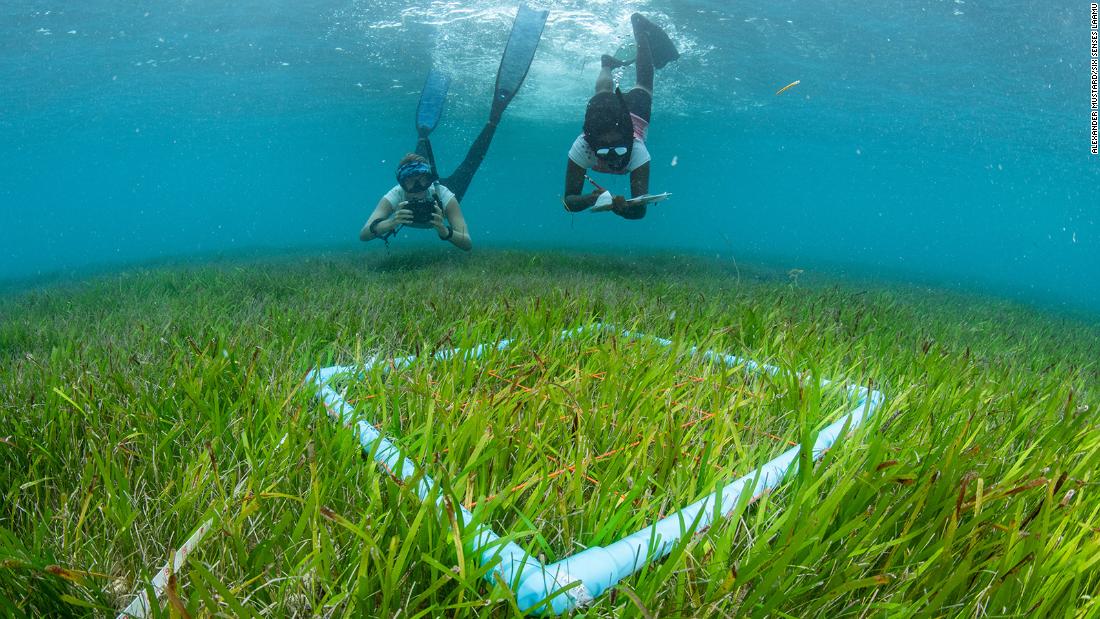(CNN) — As the lowest-lying nation in the world — with much of it sitting just a few feet above sea level — the nearly 1,200 Indian Ocean islands scattered across the Maldives’ sun-soaked atolls are famed not just for their magazine-cover-ready beaches and bungalows, but for their increasing vulnerability to rising sea levels.
“A large draw for tourism is the healthy ocean environment that visitors come to see. Clearly this type of environment must be preserved in order to continue attracting high-spending tourism,” says James Ellsmoor, CEO of Island Innovation, an agency that helps stakeholders in small island destinations — including in the Maldives — achieve sustainable development goals.
Indeed, this nature-based tourism is something of a paradox here. While much of the nation’s 540,000 citizens rely on related revenue for their livelihood, the tourism industry is frequently blamed for exacerbating the environmental crisis. Maldives resorts claim high energy and resource demands, and turn out excess waste production — and perhaps most grievously, are dependent upon emissions-heavy, long-haul flights to bring the tourists in.
As a result, many of the country’s 150-plus, luxe-leaning resorts aren’t just choosing to “go green” for good PR optics — experts say that in the Maldives, operating as sustainably as possible is essential to a business’s long-term survival.
Plus, some resort initiatives, like those toward clean energy infrastructure, are also good for their bottom line.
“The…
Click Here to Read the Full Original Article at CNN.com – RSS Channel – App Travel Section…
